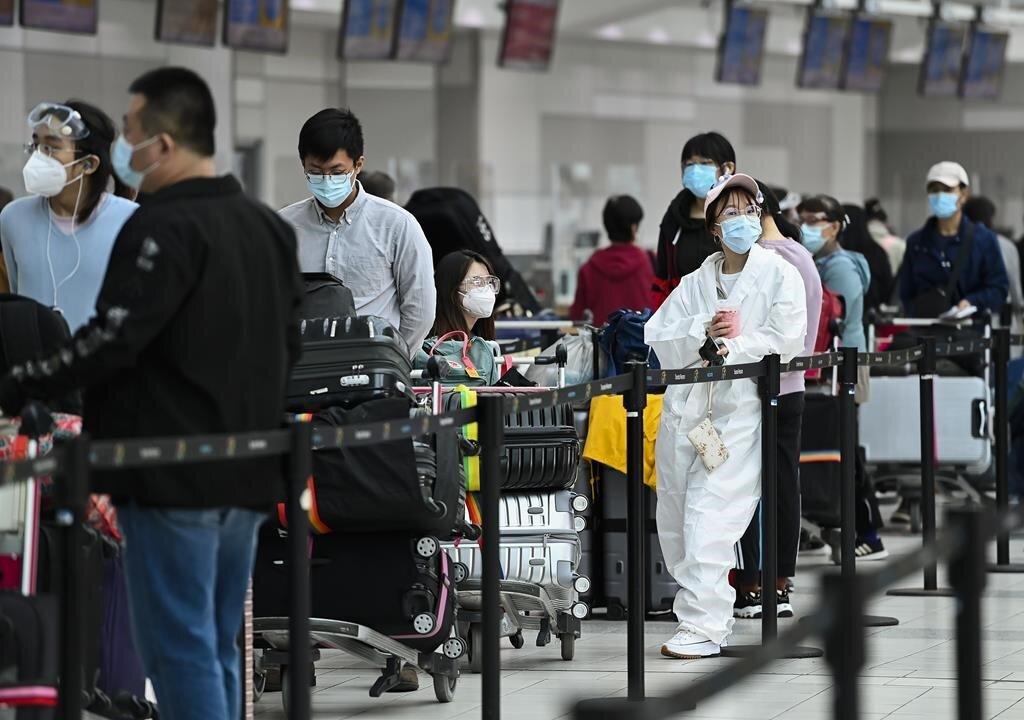An advocacy group is preparing a legal challenge to the federal government’s requirement that Canadians must be fully vaccinated in order to board planes, trains, and marine passenger vessels.
“Preventing millions of Canadians from travelling by plane or train is a gross infringement of their civil liberties, and is guaranteed to hurt their employment, businesses, and ability to feed their families,” Allison Pejovic, staff lawyer at the Justice Centre for Constitutional Freedom (JCCF), said in a statement.





